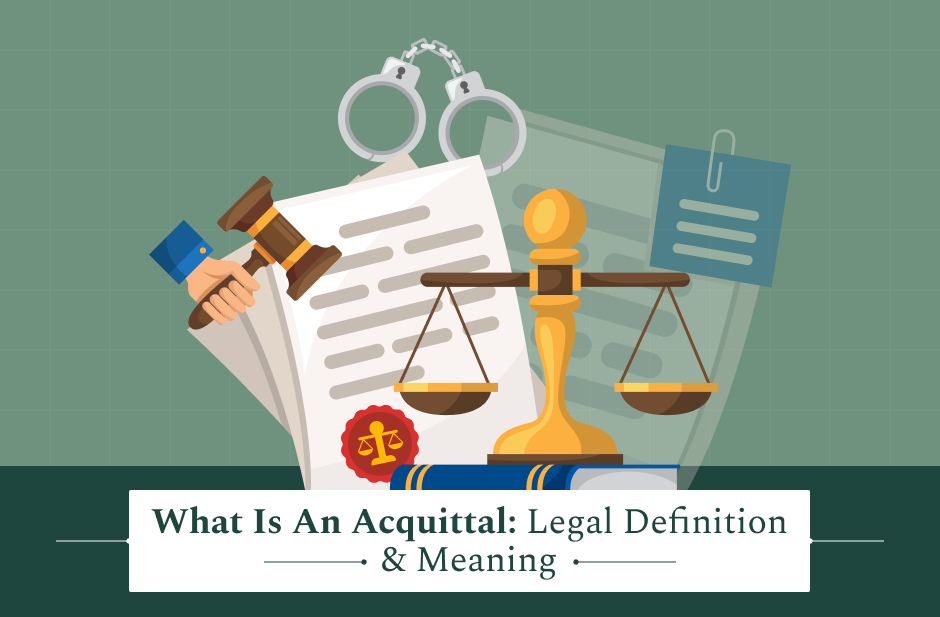Administrative law is the law that governs the administrative bodies of the nations. It determines the power, organizations, and administrative duties of the administrative authorities. The administrative laws include the followings:
- Rule-making.
- Quasi-judicial function.
- Legal liabilities.
- Power of the ordinary courts.
Administrative law is a branch of public law. It deals with all the matters and problems that involve government and individuals. It determines the power of the quasi-judicial authorities to enforce the law.
The administrative law notes that every authoritative process is being completed on time without the legal bounds. However, it is true that administrative law is not a codified law and is made by the judges. If the judges feel like changing the law depending on the currency situation, tye can certainly do so.
What Does Administrative Law Mean?

Administrative law encompasses the law that controls the authorities at the state level. It is considered as a public law branch of the main law system. Initially, administrative law never had any importance; however, with the increase of starters and complex procedures to administer the system, the central government finally had to accept the administrative law’s importance.
Administrative committees have a purview on the several economic functions of the states. Some of them are given below:
- Telecommunications.
- Financial Market.
- Social Issues.
- Instances Of Racial Discriminations.
The Growth Of Administrative Law

Administrative law has been there for quite a while, and some of the top countries take full advantage of the administrative laws to maintain peace in society. Hence, here is how administrative laws have grown in the last centuries.
England
When the whole new concept of administrative laws was coined in the late 19th century, it was rejected by a British jurist named Albert Venn Dicey. Different regularities controlled authorities and executives. This practice continued until the 20th century when administrative law was finally accepted as a separate branch of the law.
United State Of America
In the United States Of America, the administrative law’s existence was ignored until it grew to become the fourth American law section. In 1933, a judiciary committee was created to set administrators the new section of the law’s administrative work.
India
The administrative law runs deep in the Indian civilization. The Mauryans and Guptas of the ancient civilization had a constructive administrative system. It was after the colonization of the Britishers that these laws saw some of the major changes. However, after the independence, India became a welfare state and hence increased its state activities.
Read Also: When Do I Need A Lawyer? An Easy To Follow Checklist
What Is An Example Of An Administrative Law?

Administrative law is a branch of central law that overlooks administrative activities at the state level. This system governs the agency’s boards and commissions. Moreover, the public interaction with the administration mostly occurs when the public benefit is highlighted.
The scope of Administrative law includes:
- Unemployment Commission.
- Zoning Boards.
- Licensing Agencies.,
- Social Security administrative.
- Labor Commissioner.
Administrative Agencies
The government is made of many administrative agencies. These agencies are responsible for enforcing the administrative law. These agencies have the authority to permit licenses, register businesses, investigate complaints, and punish wrongdoers.
The administrative agencies derive their power from Article 1 Section 8. This section of the law allows the administrative agencies to enforce the relevant laws to maintain society’s peace.
Administrative Procedure Act
The Administrative Procedure Act is a federal statute that dictates how administrative agencies can regulate their activities. The act was enacted in 1946. It outlines a process on which all the administrative agencies are asked to follow. The purpose of the administrative procedure act is to offer a streamlined path to the agencies to carry in with their activities.
- It ensures that the Administrative agencies inform the public about their organization.
- It allows the people to take part in making rules.
- Outline the judicial freedom administrative can enjoy.
- Outline the code of conduct.
Administrative Courts
Administrative cases are tried in administrative cases. Here the individuals are brought forward as administrative law judges. The rule and regulations of an administrative court differ from that of regular courts. In addition to that, the administrative court’s authority is limited to many decisions.
What Is The Main Purpose of Administrative Law?
The main purpose of enacting Administrative law is to ensure public rights are kept safe while it interacts with the government. Hence, you can say that administrative laws’ main aim is to reduce public abuse by the governmental authorities.
As we know, government authorities hold the supreme power of controlling the whole nation. To keep the governmental authority’s action under control, administrative authorities are for smoother communication between the government and the public.
Is Administrative Law Civil Or Criminal?
Administrative law is composed of various rules and regulations. It tends to deal with technological aspects of the communication between the public and governmental authorities. Administrative law is often the result of an agency created to deal with problems that require a more flexible approach.
Administrative law is neither a criminal nor a civil case. They have their own set of areas of jurisdiction. For instance, an administrative action can be brought into action against a doctor or a lawyer who has been practicing without the right regulatory agency’s rules.
If the person charged is proved, their license can be suspended or charged a fine for their mistake. Administrative law is different in the case of punishments but similar in conducting courtroom procedures.
Take Away
Administrative law was created to protect the people from the direct influence of the government. Additionally, administrative law can also be considered as a mode of communication between the public and the government.
It is a new branch of law that has been evolved and will keep evolving depending on how society is changing every day. The administrative law aims not to take the executives’ discriminative power, rather bring them into consonance with the “Rule Of Law.”
We hope that this article was helpful and was able to add value to your life. We aim to deliver relevant and up-to-date law information to our readers via LegalGuide. If other laws might seem confusing to you, let us know, we will get to you with detailed information. Furthermore, you will get all the latest information from the legal industry if you can follow us.
Read Also:
















